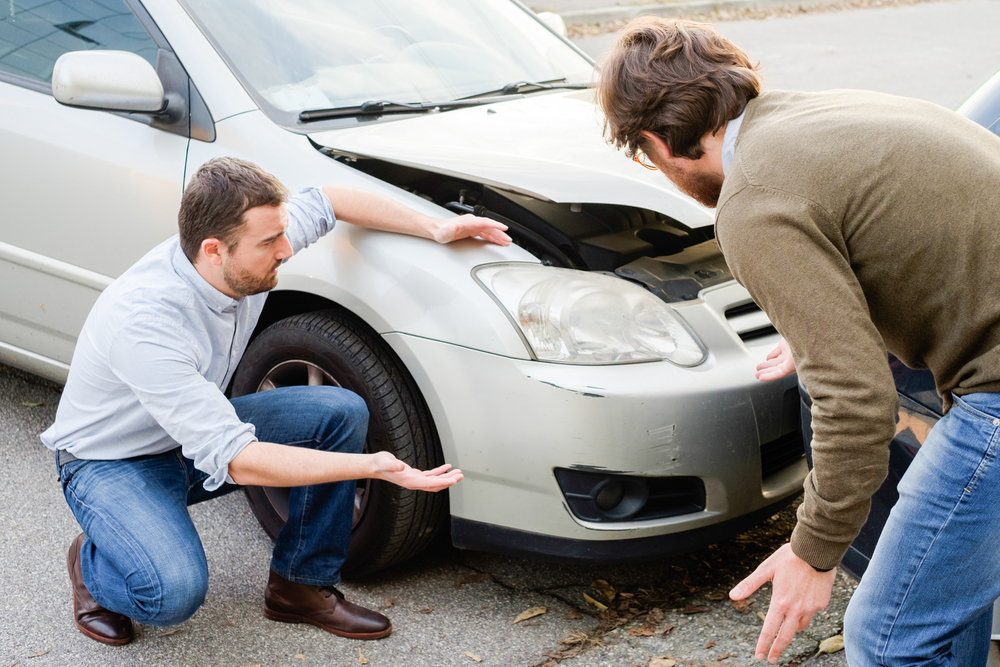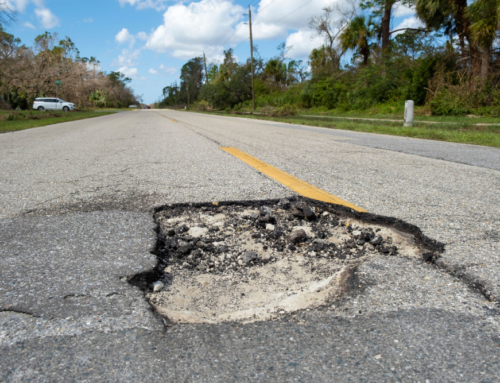In the immediate aftermath of a car accident, it’s easy to feel overwhelmed. You may be dealing with physical injuries, property damage, or shock from the incident. Amid this turmoil, you may be tempted to bypass the formalities of reporting the accident, especially if it appears minor. However, we strongly advise against this. Let’s explore why reporting a car accident is critical and the potential consequences of failing to do so.
The Importance of Reporting a Car Accident
There are several reasons why you should always report a car accident, no matter how minor it may seem at first. These reasons range from fulfilling legal requirements and protecting your rights to ensuring you have the necessary documentation for any future claims.
Legal Requirements
In many states, it’s a legal requirement to report any car accident that results in injury, death, or significant property damage. Failure to do so can result in severe consequences, including fines, license suspension, and criminal charges. Each state has specific thresholds for reporting an accident, so it’s crucial to understand the laws in your jurisdiction.
Protecting Your Rights
If you don’t report an accident, you may damage your chances of receiving compensation for injuries or damages that become apparent later. By notifying the police and your insurance company promptly, you create a record of the incident that can be crucial if you need to make a claim later on.
Documentation for Future Claims
The reports generated by police and insurance companies serve as vital documentation if a legal dispute arises from the accident. They provide an official record of the incident, including details about the involved parties, the location, the damages, and often an initial assessment of fault.
The Consequences of Not Reporting
Now that we’ve established the importance of reporting let’s delve into what could happen if you fail to report a car accident.
Legal Consequences
As mentioned earlier, not reporting a car accident can lead to legal consequences. Depending on your state’s laws, these could include fines, points on your driving record, suspension or revocation of your license, and in severe cases, criminal charges.
Difficulty in Filing Claims
Without an official report, filing an insurance claim or a personal injury lawsuit becomes significantly more challenging. Insurance companies rely on these reports to determine the validity of a claim, and in their absence, they may deny your claim. Similarly, in a personal injury lawsuit, the lack of a police report can make it harder to prove the other party’s negligence.
Increased Vulnerability to Fraud
Not reporting an accident leaves you vulnerable to potential fraud or false claims. The other party involved could report injuries or damages later, and with a report of the accident, it becomes easier to refute these claims.
Conclusion
While avoiding reporting a minor car accident may seem easier or less stressful, the potential consequences far outweigh the temporary convenience. Not only is reporting a car accident a legal requirement in many situations, but it also serves as vital protection for your rights and interests.
If you’ve been involved in a car accident and are unsure of your next steps, our experienced personal injury lawyers are here to help. We specialize in personal injury law and can guide you through the complexities of reporting an accident, dealing with insurance companies, and ensuring you receive the compensation you deserve. Contact us today for a consultation. Your well-being is our priority.








